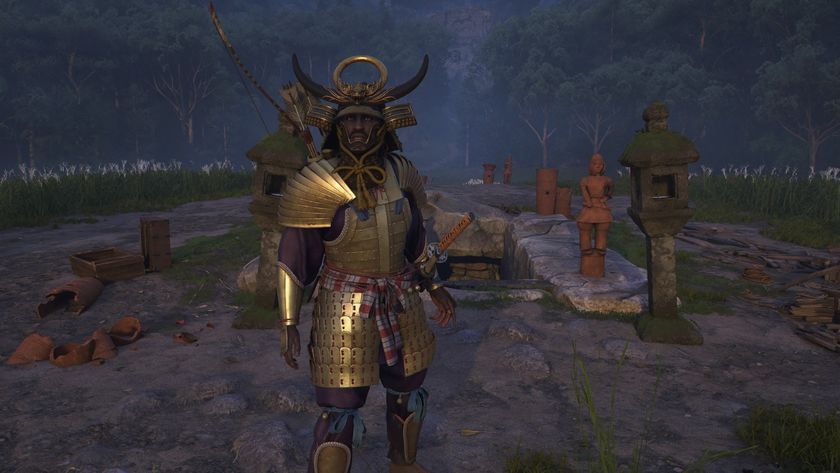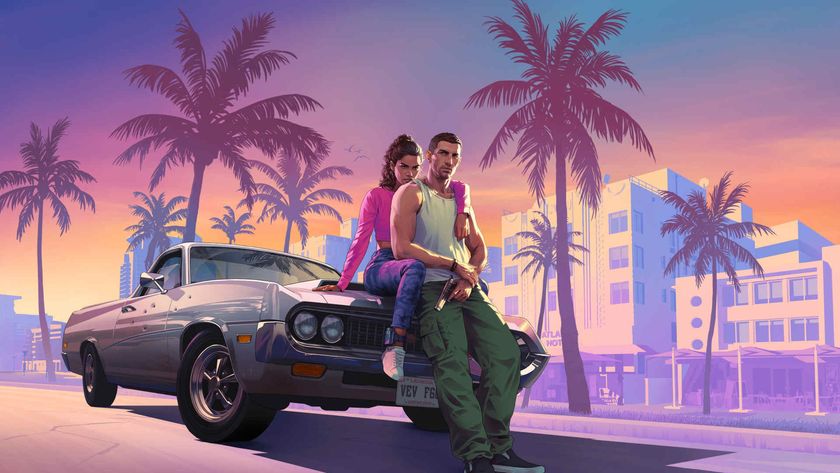My first experience of an open world space game was on the Atari ST 31 years ago – Starfield is the game I've dreamt of ever since
Opinion | I've waited 31 years and 12 computers for a space game like Starfield
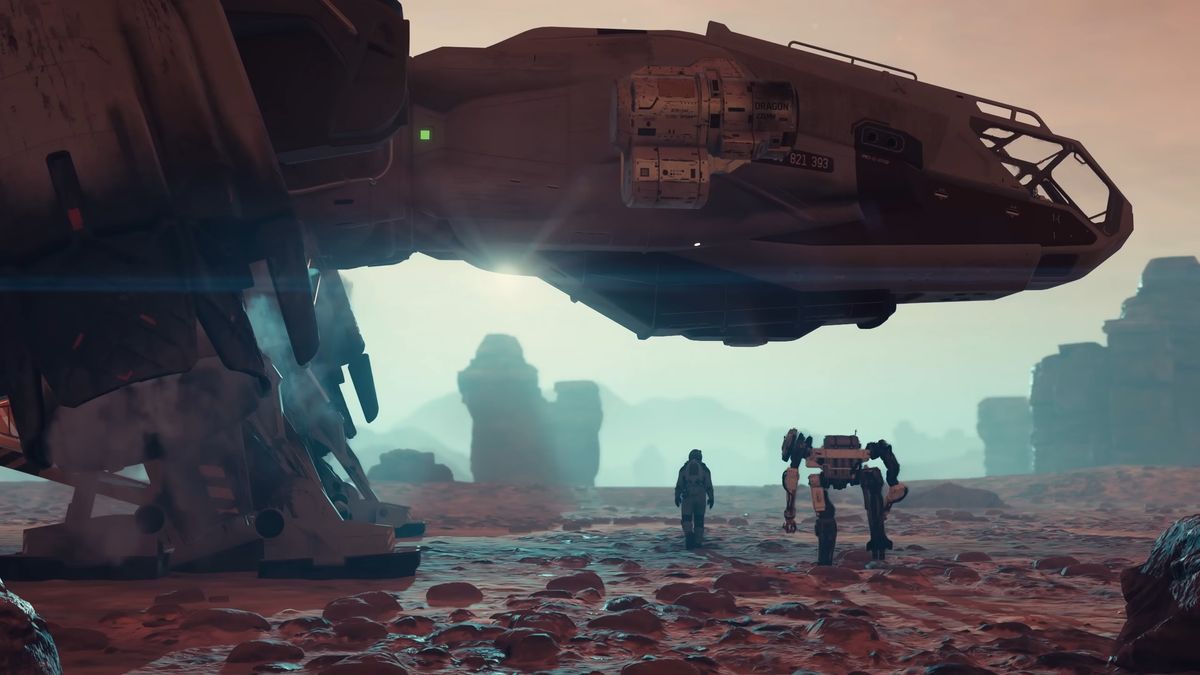
Starfield is massive. If you've so much as dipped your toe into Bethesda's interstellar action-RPG since launch, you'll already know this. As the developer's first new game series in 25 years, it takes everything it's learned from its sister franchises, The Elder Scrolls and Fallout, and pushes beyond the stratosphere into the vast expanse of space.
The result is a mass of explorable far-flung galaxies, alien planets, sci-fi cities and myriad other points of interest (or, erm, not so much) scattered all over the cosmos' great beyond, each of which is different from the last. And just like Skyrim and Fallout 4 before it, freedom and choice are among Starfield's most redeeming qualities – whereby if you can see it, either in your line-of-sight or via the map screen, you can almost certainly visit it.
I first experienced this sense of exploratory wonder when playing Novagen Software's Mercenary 3 on my dad's Atari ST home computer in 1992, and have longed for that sense of curiosity-driven awe ever since. Some games have come close in the 31-year interim, but none have scratched that nomadic itch quite like Starfield these last few weeks.
Among the stars
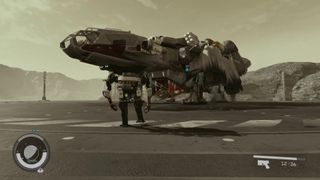
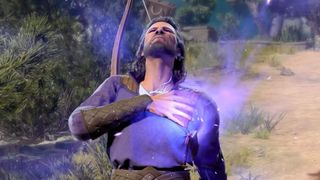
Starfield vs Baldur's Gate 3: Which of this year's biggest RPGs should you play first?
It's worth saying up front that I'm not quite as hot on Bethesda's latest as our Starfield review. Personally, I see Starfield as more of a flawed gem; a hugely ambitious undertaking that can be magnificent one moment and mundane the next. It is a great Bethesda game, absolutely, but perhaps isn't the very best of its kind – many of which have been crafted by Bethesda itself over the last 15 years. Starfield isn't "Skyrim in space", as Todd Howard once said a couple of years back, but it absolutely thrives in its quietest moments because few studios do implicit dread like Bethesda. Areas where it's absolutely unsurpassed, though, are in its size, scale and stature.
You might think my claim of last being inspired by video game exploration 30 years ago is an exaggeration, but it's not. I was only six years old in 1992, and therefore I'm well aware nostalgia might have fudged my memories. But Mercenary 3 (Mercenary III: The Dion Crisis, to give it its Sunday name) was way ahead of its time.
Spanning not one but several planetscapes, Mercenary 3 lets you roam around a sprawling universe filled with taxi services, bus routes, and people to converse with. Upon arrival in Eris, a "mix up" sees the protagonist held in a detention cell. You receive a half-hearted apology, you're released onto the streets, and you're told to visit a chap named PC BIL. You learn that President Margaret has reached the end of her political tenure. You learn that there's to be an election. This PC BIL character ain't to be trusted. He's running for office, twisting the screw on a perverse agenda. And only you can stop him.
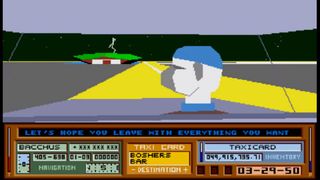
With that, you'll roam several planets on foot, by car, bus (timing your watch to a timetable), and spaceship in your bid to thwart BIL. You'll uncover BIL's illegal dealings in tax evasion, unlawful mining contracts, manipulation of the press, and, ultimately, conspiracy to commit murder. You'll run against him in the political race and face a smear campaign of gross proportions. The papers will print slanderous stories about your character. BIL's private fleet of spy ships will begin appearing in the sky. All of which happens in a game from 1992 that looks like the above and whose central antagonist looks like this:
Sign up to the 12DOVE Newsletter
Weekly digests, tales from the communities you love, and more
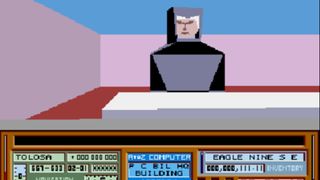
In order to defeat BIL, polygonal face and all, you'll pay off the press, publishers and broadcasters. You'll hire a private investigator to dig up dirt on this formidable creep. You'll rig his casinos and bankrupt him. You'll pay off construction firms, build jails and imprison him against his will, gather explosives and conduct an assassination plot – traveling across the entire universe to do so.
Even at six years old, I vividly remember being bowled over by the size and scope of Mercenary 3, watching intently as my dad struggled to topple such a heartless bastard of a video game baddie. At that moment, I can remember half-understanding the power and potential of video games – a memory I've undoubtedly embellished in my head since.
Still, that memory has endured, and while the likes of Skyrim, GTA Online, Minecraft, and some of the best open world games I've played since have showcased similar levels of ambition, it's Starfield that's really taken me back in time. The likes of Fallout, No Man's Sky, and Cyberpunk 2077 have come closest in their sci-fi, retro-futuristic framings, but nothing has impressed quite like Starfield – and its scope to show and tell is what places it atop the pile.
To infinity
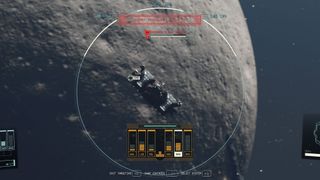
"Will Starfield still dominate the RPG conversation in years to come in the same way its indirect forerunner Skyrim has?"
It's a very personal thing, but I love finding the highest accessible point of any open-world map before picking a certain spot in the distance, and trying my damnedest to make it there alive, reveling in whichever wildlife, scenery and/or enemies I encounter along the way. From a practical perspective, trekking to and from these vantage points allows for a better understanding of the map itself – but there's always something I find wonderful about knowing that particular small patch of land, that dilapidated farmhouse, that seemingly abandoned island that I can spot from my perch can be reached and explored, just because. There might be nothing of real merit there on arrival (quite often there's not) but I delight in the fact that in these types of games it can be done.
In Skyrim, for example, I first discovered the Oghma Infinium book by stumbling upon Septimus Signus’ outpost after spying it from atop the College of Winterhold’s roof. In Fallout New Vegas I meticulously planned an ambush on Caesar's Legion from the mountains located to the east of their camp. In The Witcher 3 I climbed the Kear Trolde bridge in Skellige just so I could jump off into the water below because, well, why the hell not?
And in Starfield – while much of these expeditions are spread between map studies, interstellar idling, and planetary surveying – I have, just like the most intrepid players among us, discovered a whole new world ripe for pillaging and plundering. Will Starfield still dominate the RPG conversation in years to come in the same way its indirect forerunner Skyrim has? We're surely too close to say either way right now, but it'll take some doing going bigger and bolder into space like Bethesda's latest. Who knows, maybe I'll be singing Starfield's praises in the year 2054 – similar to the way I feel about Mercenary 3 today.
Fancy 25 of the best RPGs available right now? Of course you do! Follow that link to check them out

Joe Donnelly is a sports editor from Glasgow and former features editor at 12DOVE. A mental health advocate, Joe has written about video games and mental health for The Guardian, New Statesman, VICE, PC Gamer and many more, and believes the interactive nature of video games makes them uniquely placed to educate and inform. His book Checkpoint considers the complex intersections of video games and mental health, and was shortlisted for Scotland's National Book of the Year for non-fiction in 2021. As familiar with the streets of Los Santos as he is the west of Scotland, Joe can often be found living his best and worst lives in GTA Online and its PC role-playing scene.

